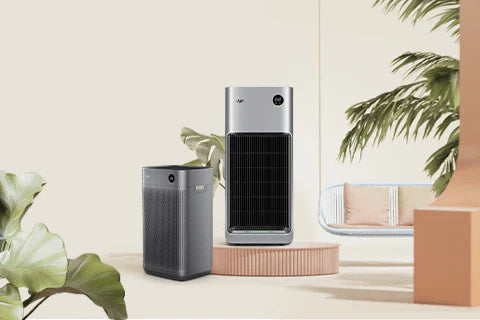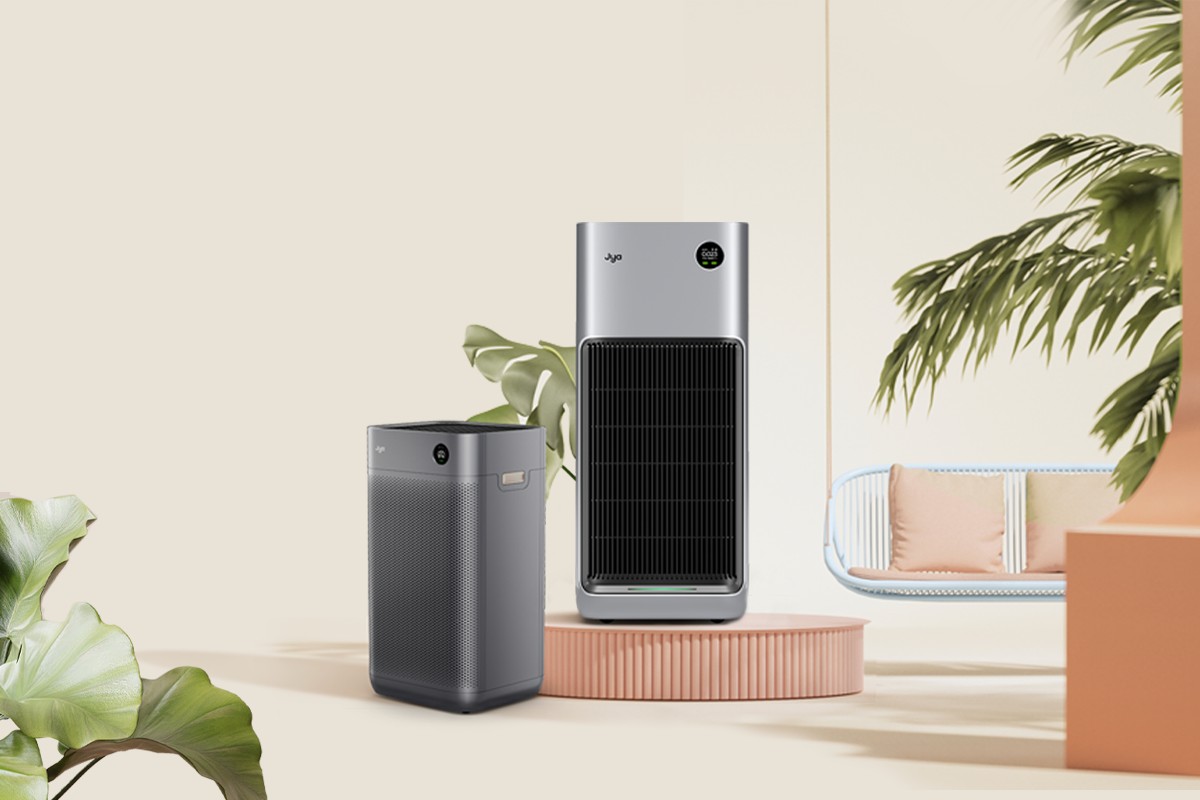Seasonal allergies… indoors? Stay symptom-free this Spring with these powerful household cleaning tips
People usually associate Springtime allergies with the great outdoors, and for good reason. This time of year, many common trees, flowers, grasses, and weeds begin to release pollen into the air, and this airborne pollen is the main cause of unpleasant seasonal allergy symptoms. For this reason, it is a good idea to keep an eye on the active pollen count and stay indoors as much as possible when the risk is higher.
Unfortunately, as allergy sufferers know all too well, hiding indoors won’t completely solve the problem. In fact, indoor allergies can often be even more severe than outdoor allergies.
Why are my allergies worse indoors?
It may come as a surprise, but many people who suffer from seasonal allergies actually report increased symptoms when indoors as opposed to outdoors. While pollen is produced outdoors, it will work its way inside and accumulate and settle in the home. Other common allergens, like dust, pet dander, and mold, also occur indoors and can exacerbate symptoms.
Common allergy-causing scenarios at home
-
Exercising
With the weather warming up, it may seem like the perfect time to head outdoors to work on your fitness, but it’s important to keep an eye on the current pollen count. If outdoor pollen saturation is high, consider exercising indoors. When exercising at home:
- Keep your windows closed
Resist the urge to open windows in your home to let in the fresh Spring air, especially if the pollen count is high. This is one of the main ways pollen enters the home, dramatically increasing your indoor contact with pollen particulates and other common springtime allergens.
- Use a household air purifier
-
Cleaning
No matter how hard you try, some pollen will inevitably enter your home. Stay on top of cleaning to minimize your indoor exposure to pollen, especially during the Spring months.
- Use protective gear when cleaning
Try wearing gloves and a protective face mask when cleaning to prevent these allergens from entering your respiratory system. Also consider wearing eye protection if you suffer from watery, itchy eyes when exposed to pollen or dust.
- Clean from top to bottom (literally)
Whether you are dusting, sweeping, or vacuuming, some pollen and dust will get agitated and become airborne when cleaning your home. Clean high areas first, then move down to lower areas. Clean the floors last to make sure you aren’t just moving dust and pollen around.
- Keep your air purifier running 24/7
Proactively cleaning your indoor air will prevent you from breathing in common allergens (and will also minimize the amount of pollen that settles in your home). Our Jya Fjord series air purifiers make it easy to automate your clean-air routine. Advanced environmental sensors actively monitor PM particulates, TVOCs, and humidity in real-time and adjust fan speeds, automatically. So, you can just turn it on and forget about it.
-
Sleeping
Allergy symptoms at nighttime can make it difficult to get a good night’s rest, but there are some simple steps you can take to fight allergies in the bedroom and wake up feeling refreshed.
- Shower before bedtime
Pollen (and other airborne allergens) can get trapped in your hair or on your clothes during the day, especially if you’ve cleaned your home. This will exacerbate allergies at night while you sleep. It’s best to rinse off before bed to minimize nighttime allergy symptoms.
- Use an air purifier in the bedroom
If you don’t have a dedicated air purifier for your bedroom, bring one with you when it’s time to hit the hay. With the Jya Fjord and Jya Fjord Pro, it’s easy to move rooms, thanks to hidden Omni-directional wheels that glide effortlessly over any flooring surface. It’s easy to control settings from bed, too, with compatibility with Amazon Alexa, Google Assistant, and Apple HomeKit.








